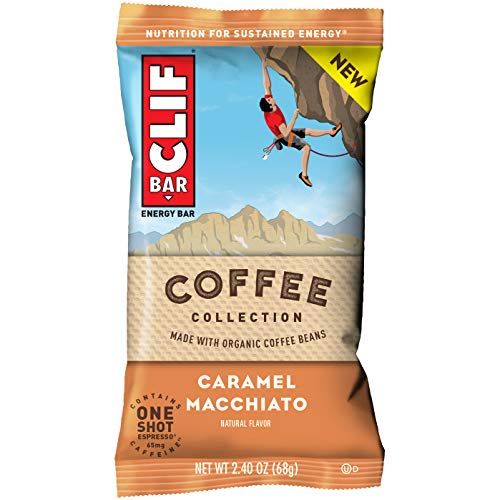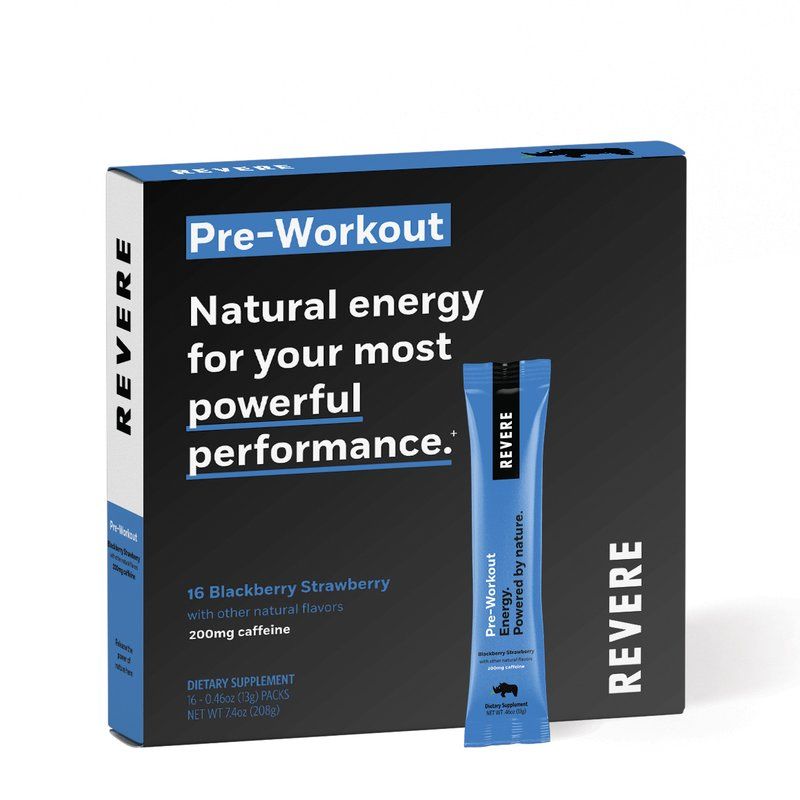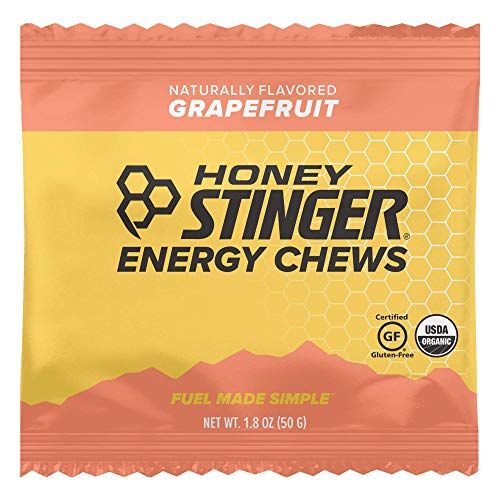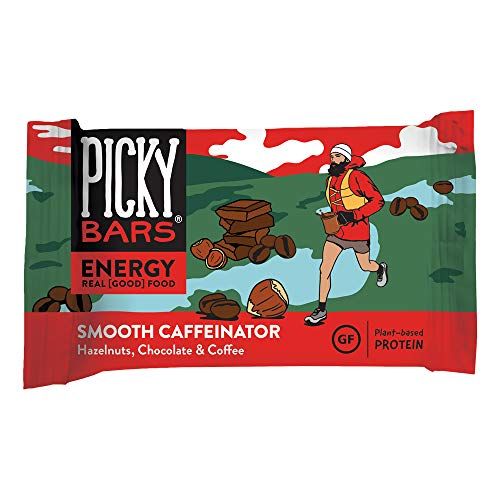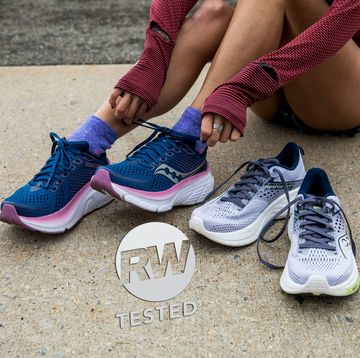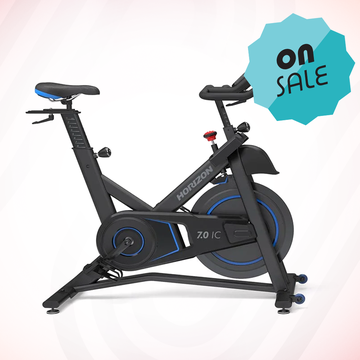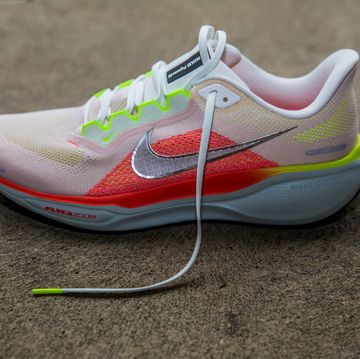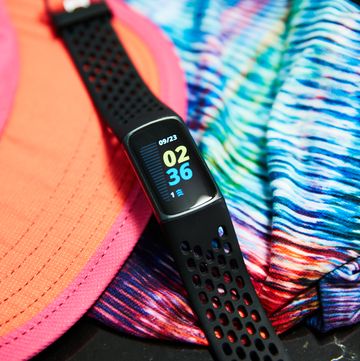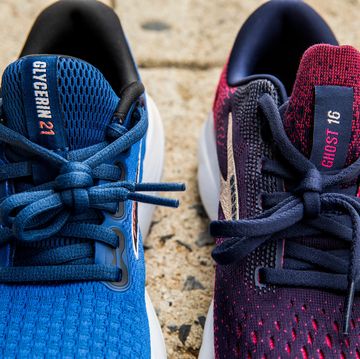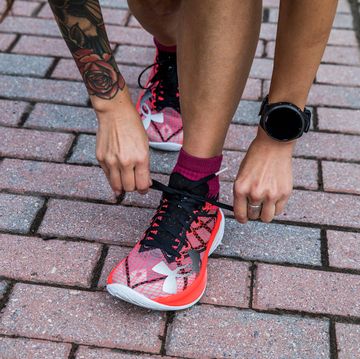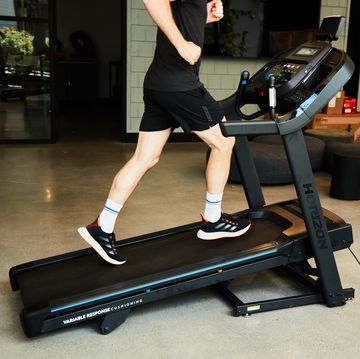- Preworkout is a supplement that claims consuming it about 30 minutes before a sweat session can boost your performance.
- One study published in the Journal of the International Society of Sports Nutrition shows that taking a preworkout supplement with caffeine could improve anaerobic power performance.
- The FDA suggests that adults consume no more than 400mg of caffeine daily. It’s important to keep in mind, though, that preworkout, like any other supplement, is not regulated by the FDA.
Preworkout supplements are pretty polarizing: Some people love them and take them before every workout; others avoid them like a plague, detesting the tingly, jittery feeling they get after consuming one. If you’re tempted to try one yourself, here’s what you should consider.
What is Preworkout?
It’s pretty much exactly what it sounds like: Preworkout is a supplement you take before a workout. The claim is that consuming one about 30 minutes before a sweat session can boost your performance. Preworkout comes in a few different forms, from pills to drinks, but it is most commonly found as a drink mix powder. Each formula varies, but you can expect some combination of antioxidants, carbs, and B vitamins, although there are increasingly more options on the market that are calorie- and carb-free. Many preworkout formulas contain caffeine and amino acids creatine and beta-alanine, which is supposed to stave off muscle fatigue (and science has shown it to be the reason for that tingling some experience). You’ll also come across differently tuned formulas such as preworkout for women or preworkout for men.
While the FDA suggests that adults consume no more than 400mg of caffeine daily, one University of South Florida study shows that ingesting a preworkout supplement with caffeine could improve anaerobic power performance (same goes for caffeinated coffee—which can also curb post-sweat cravings, according to one Journal of Applied Physiology study).
Regardless of the ingredients list, preworkout formulas are supposed to stimulate the nervous system, helping to improve blood flow and get the right nutrients to the right muscles. This way, as they claim, we can work out for longer and increase our output in the process.
Is Preworkout Bad for You?
In theory, it all sounds great. Drink this. Pop that. Be better! But the most important thing to know about preworkout supplements—like the rest of the supplement category—is that they are not regulated by the FDA. This means that no higher power or third party is cross-checking what they’re putting on their labels and in their formulas before they hit the shelves.
“Since we don’t regulate supplements in this country, it’s especially important to be choosey about the brand and smart about looking at labels to see exactly what you are taking,” says Cordelia Carter, M.D. an orthopedic surgeon at NYU Langone Health. “You’ll see brands claim a benefit that hasn’t really been documented or proven and yet still marketed aggressively.”
So what’s a consumer to do? There are third-party regulatory organizations such as NSF or Informed-Choice that follow strict vetting processes to verify the quality of supplements, looking into things like label claims to certify what’s on the label is in the bottle and toxicology review to certify product formulation. Products that pass their tests tote their logo on the label, with some popular brands including Cellucor, Owyn, PurAthlete, and X2.
“As long as you know what you’re putting in your body, then the risk is really just money,” Carter says. “The worst thing that will happen to you is that it’s not going to work, and that it’s expensive.”
Still, everyone’s different. Personally, I tried a variety of preworkouts, but most gave me a tingling sensation that made me uncomfortable. Then I found the all-natural Revere preworkout and it felt like the missing piece to the puzzle. I was crushing runs and workouts and felt the supplement was giving me the added edge, but it’s also very possible that placebo effect was kicking in. “Placebo effect can be very powerful. And if that is part of the efficacy, then great,” Carter says.
But How Do You Know If It’s for You?
Do your research. Start by hunting down the brands with third party support, and then proceed with caution from there. Ask questions at the store or talk to a registered dietician if you find a product you’re specifically interested in.
For those who already feel like they’ve got the right gear, motivation, and strategy in place and they’re still plateauing or at a standstill in their progress—a supplement may be a way to get an edge. For others, that time spent researching and the monetary investment could be best spent working on the other kinks in their running routine or buying a new pair of fancy running shoes.
[Smash your goals with a Runner’s World Training Plan, designed for any speed and any distance.]
In either situation: Think of your goals, advises Carter. “Ideally, we should be able to get the nutrition that we need from our diet,” she says. “Look at what your wants are, and be honest with yourself if you’re introducing something new to the routine. Ask: Is it helping me? If not, then don’t put the extra stuff into your body and instead, focus on how you can improve your eating elsewhere.”

Emily Abbate is a freelance writer, certified fitness trainer, and host of the podcast Hurdle. You can find her work in GQ, Shape, Runner’s World, and other health and fitness publications.

